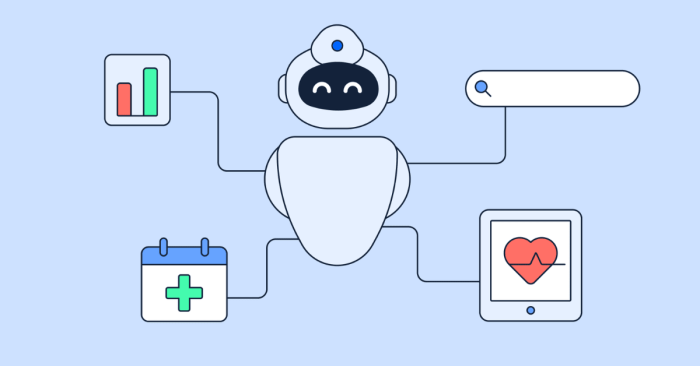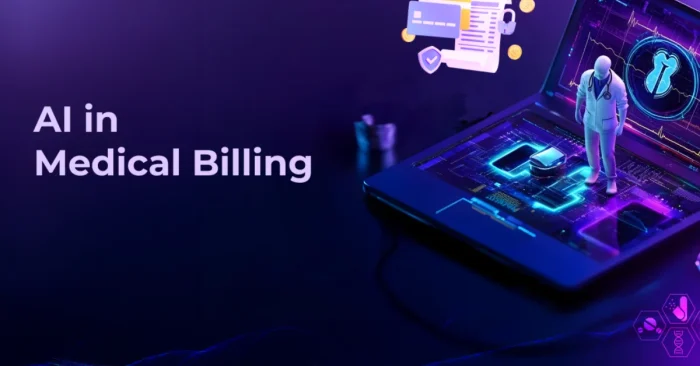Overview
AI tools for healthcare professionals are transforming the way medical services are delivered. From diagnosing diseases to managing patient records, AI improves efficiency, accuracy, and patient care. These tools help doctors, nurses, and medical staff save time by automating repetitive tasks and providing real-time insights. AI can predict health risks, personalize treatment plans, and monitor patient progress continuously. In addition, it enhances telemedicine, medical imaging, and drug discovery. Whether in hospitals, clinics, or private practice, AI supports healthcare professionals with smarter decision-making and better outcomes, ultimately leading to improved healthcare delivery and patient satisfaction.
1. AI in Medical Imaging
AI-powered imaging tools analyze X-rays, MRIs, and CT scans with high accuracy. They assist radiologists in detecting early signs of diseases such as cancer or fractures.
2. AI for Patient Data Management
AI tools organize and analyze electronic health records (EHR). They make data retrieval faster and reduce errors in patient history tracking and documentation.
3. AI in Disease Diagnosis
AI algorithms identify patterns in symptoms and lab results to support accurate diagnoses. This helps doctors make quicker and more reliable medical decisions.
4. AI for Predictive Analytics
AI predicts health risks by analyzing lifestyle, genetics, and medical history. It allows healthcare providers to prevent diseases through early intervention.
5. AI in Personalized Treatment
AI customizes treatment plans based on patient data and genetic profiles. This ensures better results and minimizes side effects for patients.
6. AI in Telemedicine
AI chatbots and virtual assistants provide basic consultations online. They support doctors in delivering remote care and improve patient accessibility to healthcare services.
7. AI for Drug Discovery
AI speeds up drug development by analyzing compounds and predicting effectiveness. This reduces research costs and helps create new medicines faster.
8. AI in Virtual Nursing Assistants
AI-powered assistants remind patients to take medicines, schedule appointments, and monitor health, reducing workload for nurses and caregivers.
9. AI in Surgical Assistance
Robotic systems powered by AI assist surgeons during complex procedures. They provide precision, reduce risks, and improve surgical outcomes significantly.
10. AI for Administrative Automation
AI automates billing, appointment scheduling, and medical coding. This allows healthcare professionals to focus more on patient care and less on paperwork.
(FAQs)
Q1: Can AI replace doctors?
No, AI supports healthcare professionals by providing insights and automation, but human expertise remains essential in patient care.
Q2: Is AI in healthcare secure?
Yes, most AI tools follow strict data protection laws and encryption methods to keep patient information safe.
Q3: Are AI healthcare tools expensive?
Some advanced tools are costly, but many affordable AI healthcare solutions exist for clinics and small practices.
Learn More About AI Course https://buhave.com/courses/learn/ai/






